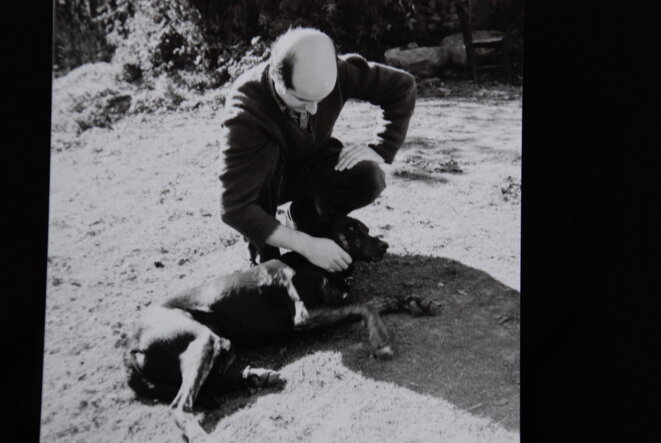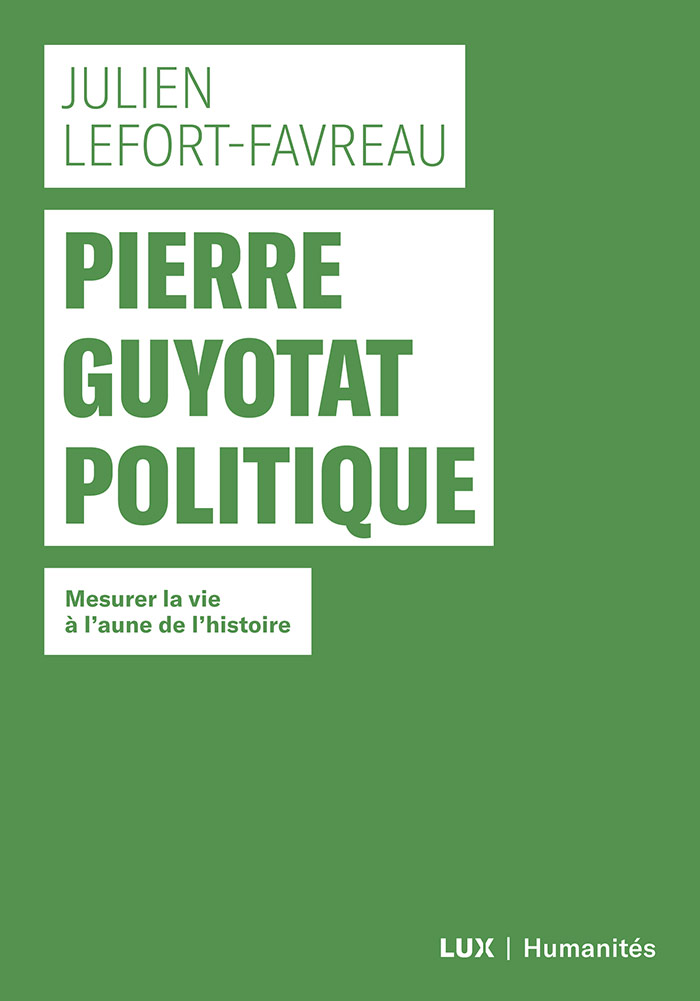


The blur of the dream-screen blurs in a flashback mode reminiscent of film sequences that transfer from a present chronology to a previous one in Guyotat’s case, the transfer is from cinematic subjectivity to corporeal objecthood-he is returned to life brutally by the same musical forces that had distracted him from it. It is morning.” Guyotat’s pained, unsentimental entry into a comatose state, marked by an angel (in that familiar French Catholic perception of the saints and martyrs, who before some divinely ordained extinction, endure a vision of seraphs and thrones gathered around the Cross), delivers him not unto death but unto a hermetic rebirth-one which would produce an account, an Orphic testimony from the Greek underworld, down where the dead converse with and reveal secrets to the living. Incapable, like Nerval, of distinguishing between dream and life, Guyotat draws no hard distinction between his dream of Beethoven and his sudden fall, on the physical plane, from the cot onto the hard tiled floor: “It is within that dream that I feel myself dying, and an angel marks the ground and the bottom of the door with its imprint (its wing). The image of the scene blurs as I faint on the chair from which I am listening.”

hands them from the piano in large sheets that crackle loudly as they touch. He was 41 at the time, an age “which as a child I had decided never to live beyond.” On the night of December 8, lying in a cot near the door at a friend’s home, Guyotat, whose emaciated condition causes him to chronically slip into and out of sleep, has a dream “in which Beethoven composes and directs pieces from an unpublished quartet: his warm breath surrounds and envelops my head, steam wafts from the remains of dinner on a back table, musicians, the young inside the half-circle, plump cheeks, the older and graying along the sides, play the almost imponderable, silent music that B. In December 1981, the French writer Pierre Guyotat entered a coma induced by the harsh rituals of fasting that had become an integral part of his writing ethic.


 0 kommentar(er)
0 kommentar(er)
